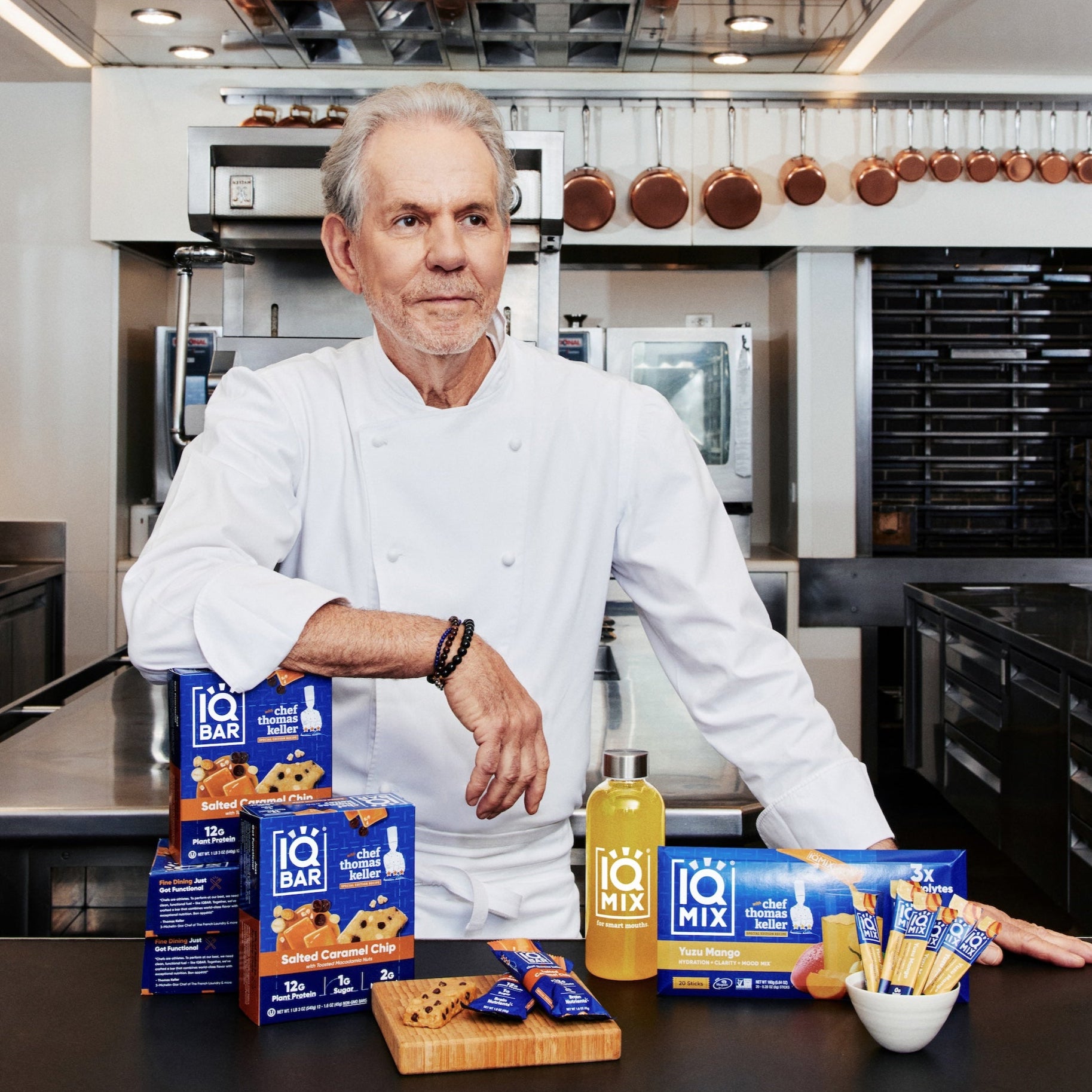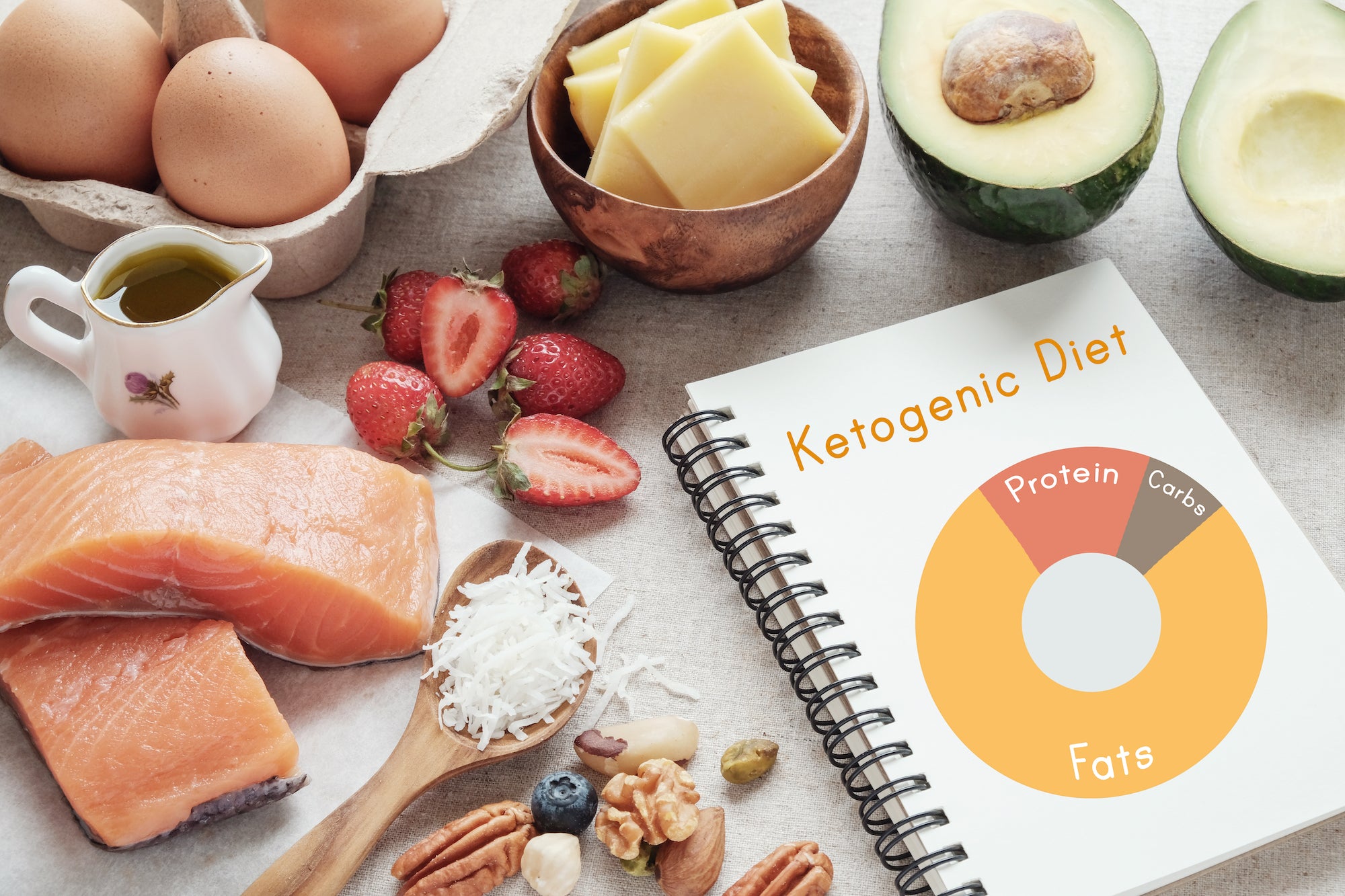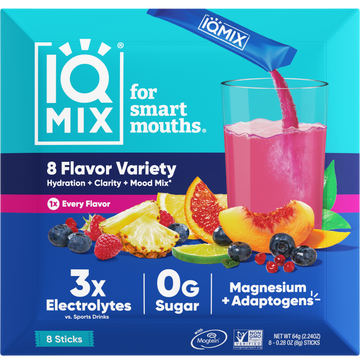“Where do you get your protein?” It’s a question most people following a plant-based diet are asked at some point.
While the question is harmless in and of itself, its prevalence speaks to the fact that many people are unaware that there are plenty of vegan protein sources. They think that if a person isn’t eating meat, they’ll almost surely be protein deficient. Wrong!
The plant kingdom is brimming with high-quality, protein-rich foods—you just need to know where to look. In this article, we’ll be sharing nine plant foods containing a high amount of protein per serving, but first, let’s discuss why protein is so important.
The Importance of Protein
Protein is one of three primary macronutrients, in addition to carbohydrates and fats. Getting adequate protein is essential on any type of diet, from vegan to keto.
Proteins are the building blocks of the body and are needed for virtually every biochemical reaction in the body, including (but not limited to):
- Creation of key enzymes and hormones[*]
- Muscle growth and repair[*]
- Bone and joint support[*]
- Healthy hair, skin, and nails[*][*][*]
- Maintenance of blood pH[*]
- Immune function[*]
- Satiety and fat loss[*][*]
How much protein does your body need? The RDA for protein is 0.36 grams of protein per pound of body weight.[*] So, a 150-pound person, for example, would require 54 grams of protein per day. However, a person might need more or less depending on factors like age, weight, physical activity levels, and desire to increase muscle mass.
To determine if you’re getting enough protein, consider tracking your food intake for a week using an app like Cronometer.
Best Vegan Protein Sources
Whether you’re a vegan, vegetarian, or meat-eater, the following sources of protein are great choices for those looking to incorporate more healthy plant-based proteins into their diet.
#1: Quinoa
Although most folks think quinoa is a whole grain, it doesn’t grow from grasses like other cereal grains. Rather, it’s technically a seed and is often referred to as a gluten-free pseudocereal.[*]
One cup of cooked quinoa offers just over eight grams of protein.[*] It’s also a complete protein, which means it contains all nine essential amino acids.
Protein aside, quinoa is a good source of important nutrients, including folate, magnesium, zinc, and iron—not to mention belly-filling fiber.[*]
#2: Seitan
Made from vital wheat gluten flour, seitan is unique in that it’s commonly used as a meat substitute, as it strongly resembles the look and texture of animal protein when cooked.
Seitan is one of the richest vegan protein sources available, offering a whopping 21 grams of protein per ¼ cup.[*] It’s also an excellent source of selenium.
This wheat-based protein can be cut into bite-sized chunks, minced, or ground in a food processor to mimic ground meat. Taco Tuesday anyone?
#3: Tofu, Tempeh, & Edamame
Tofu, tempeh, and edamame originate from soybeans and are go-to's for many people following a vegan diet. Soybeans are another complete protein, offering all nine essential amino acids.
Tofu and edamame contain about 12 grams of protein per 3.5-ounce (100-gram) serving, while tempeh offers about 20 grams of protein for the same amount.[*][*][*]
Tofu and tempeh are great for use in stir-fries, curries, soups, and sandwiches, while edamame works well in salads and makes for a quick and easy protein-rich snack.
#4: Lentils
Lentils are small, disc-shaped legumes that are rich in protein, providing about 18 grams of protein for one cup (cooked).[*]
They’re also an excellent source of fiber, offering more than half of your recommended daily fiber intake in one cup.[*]
To top it off, regular consumption of lentils may offer impressive health benefits, including a reduced risk of heart disease, diabetes, obesity, and certain types of cancer.[*]
#5: Beans
From pinto beans and black beans to kidney beans and chickpeas, beans are a staple food across many cultures. Most beans provide about 15 grams of protein per cup (cooked). They’re also a great source of complex carbs, fiber, iron, folate, potassium, and several beneficial plant compounds.[*][*]
What’s more, research shows that a bean-rich diet can help decrease cholesterol levels, manage blood sugar, lower blood pressure, and even reduce belly fat.[*][*][*][*]
Use beans in soups, salads, and chili, or make a delicious hummus using chickpeas.
#6: Nutritional Yeast
Nutritional yeast is a deactivated form of yeast that’s brimming with vitamins, minerals, and nutrients. Half an ounce (16 grams) of nutritional yeast offers eight grams of complete plant protein.[*] Fortified nutritional yeast is also rich in vitamin B12.
It comes in the form of yellow flakes and has a savory, cheesy flavor, making it a popular addition to foods like pasta, sauces, popcorn, and mashed potatoes.
#7: Seeds
There are a number of seeds that offer a substantial amount of protein per serving. Most seeds, including chia seeds, flax seeds, and hemp seeds, offer between 5-10 grams of protein per ounce serving.[*][*] These seeds are also high in anti-inflammatory omega-3 fatty acids and health-promoting antioxidants.
Seeds can easily be added to salads, smoothies, and baked goods. And be sure to try chia pudding (made with chia seeds and plant-based milk like soy milk) for a protein-rich snack!
#8: Green Peas
Green peas are a type of legume that provides a solid dose of plant-based protein—about 16 grams per cup (cooked).[*]
Moreover, peas are a good source of many essential nutrients, including iron, magnesium, folate, vitamin C, and several B vitamins.[*]
This small legume incorporates well into soups, curries, and pasta dishes. It also makes a tasty stand-alone side dish.
#9: Vegan Protein Powder & Bars
Looking for a healthy and convenient way to up your protein intake? Consider adding protein powder and protein bars to your diet.
Choose products in which the protein comes from minimally-processed sources, such as pea protein, brown rice protein, hemp protein, nuts, and nut butters like peanut butter.
At IQBAR, we created a vegan and keto protein bar that offers 12 grams of pure plant-based protein per bar. Plus, each bar contains only 1-2 grams of natural sugar, 2-3 grams of net carbs, and 160-180 calories.
The cherry on top? IQBARs contain five key brain nutrients shown to support sustained cognitive energy, performance, and health. These include MCTs, lion’s mane, flavonoids, vitamin E, and magnesium.
To find your favorite flavors, try our Chocolate Lovers Variety Pack, Fruit Lovers Variety Pack, or 7-Bar Sampler. Already know which flavors you love? Go all in with a 72-bar Custom Case!
A Final Word on Vegan Protein Sources
Despite common myths, plant-based eaters are rarely protein deficient. As long as you're mindful of eating a variety of plant-based proteins, you shouldn’t have any problem meeting your daily protein needs and getting adequate amounts of essential amino acids. Even foods you wouldn’t think of as having protein do—veggies, oats, and rice, for instance.
Have fun experimenting in the kitchen with these high-protein, vegan foods. You might be surprised by how many tasty dishes you can make using these plant-fueled ingredients!




